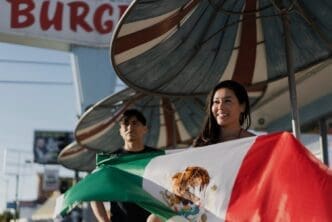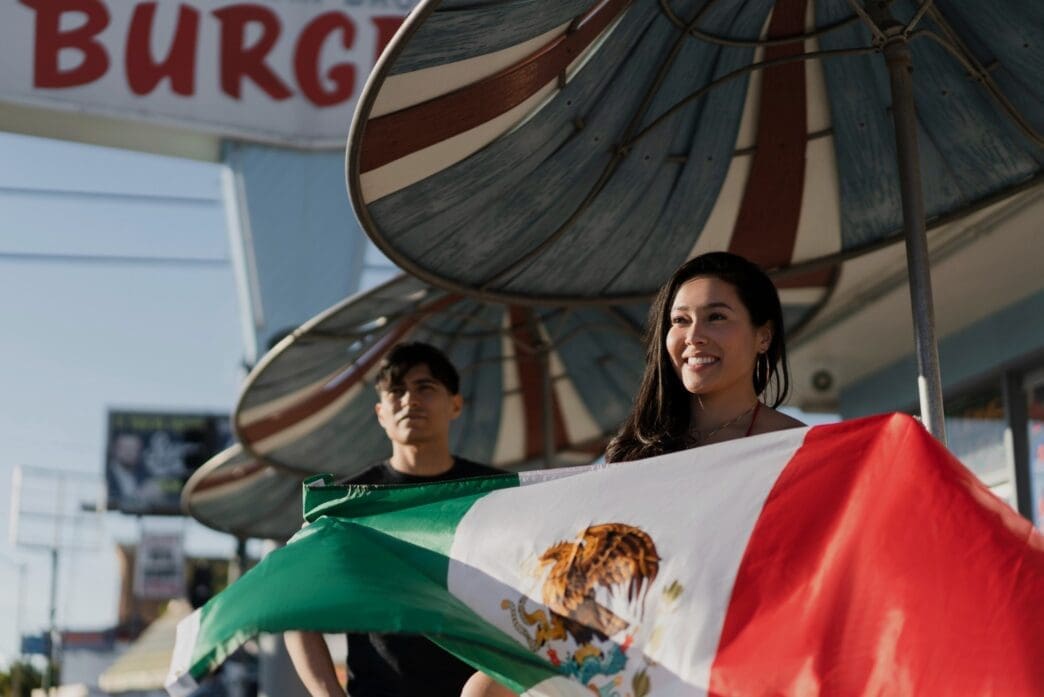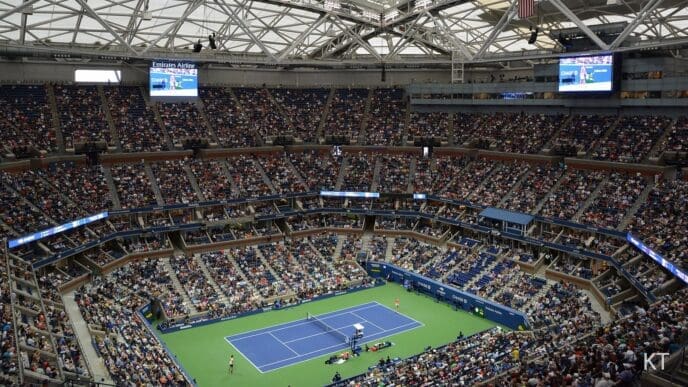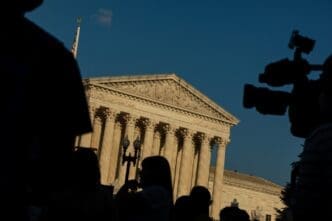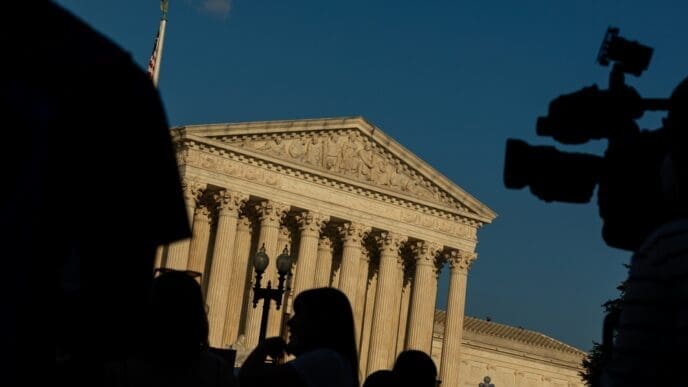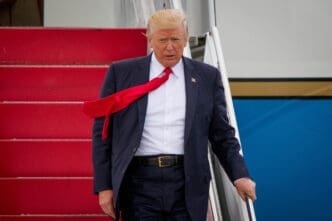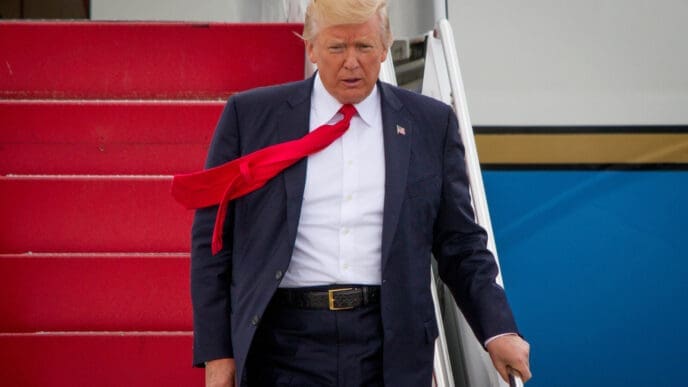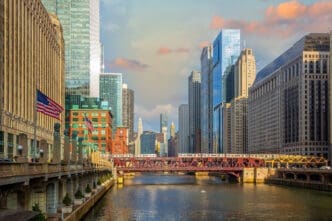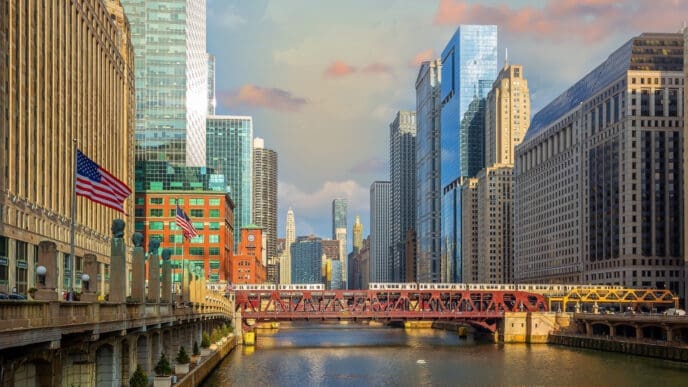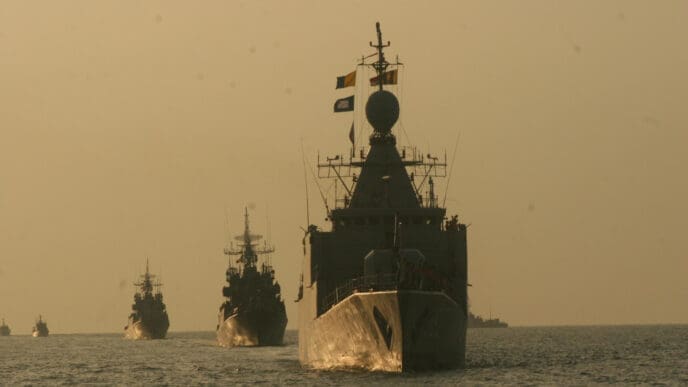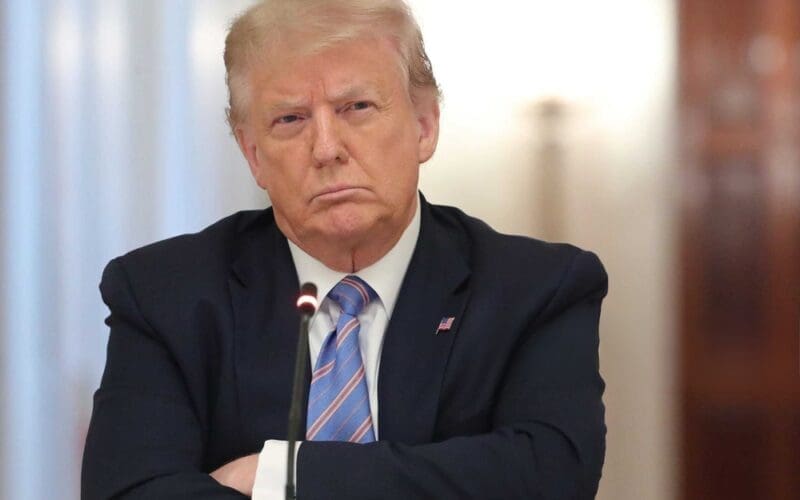Executive Summary
The Story So Far
Why This Matters
Who Thinks What?
Mexican Independence Day celebrations in Chicago this year have been overshadowed by widespread fears of intensified federal immigration enforcement, leading to postponed events and heightened community caution. As festivities commenced Saturday in the predominantly Latino Pilsen neighborhood, residents expressed a mix of cultural pride and unease, with some carrying whistles as a precaution against potential federal immigration agent presence.
Celebrations Under Threat
The annual Mexican Independence Day celebrations, which typically draw hundreds of thousands of attendees across Chicago, have seen a muted response this year. The caution stems from the anticipation that Chicago could become the next target of President Trump’s expanding immigration crackdown.
In Pilsen, despite the underlying apprehension, the community chose to proceed with its parade. Residents like Araceli Lucio emphasized the importance of celebrating culture and demonstrating unity, particularly in the current climate. Parade-goers were observed with bright orange whistles, ready to alert others if federal agents were sighted.
Impact on Major Events
Several significant Mexican Independence Day events across the Chicago area have been canceled or postponed due to these concerns. The Latino Heritage Festival in Wauconda, a village northwest of Chicago, was canceled, with the police department citing “immigration concerns” alongside weather issues.
Fiesta Patrias, one of the largest Mexican Independence Day events, has been postponed for the first time in its 30-year history, moving from September 14 to November 1. The festival, traditionally held in Waukegan, is near the Great Lakes naval base, which Governor JB Pritzker indicated President Trump might use as a command center for incoming immigration agents. Organizers of El Grito Chicago, a two-day festival in downtown’s Grant Park, also opted to postpone their event, citing community safety concerns.
City and Community Response
Chicago officials have been monitoring warnings that the city could face large-scale federal immigration operations. President Trump and his administration have frequently criticized Chicago’s policies that limit cooperation between local law enforcement and federal immigration agencies.
Mayor Brandon Johnson signed an order last weekend aimed at resisting federal enforcement, asserting that Chicago police will not collaborate with federal agents on civil immigration operations. These anticipated operations are expected to involve personnel from Immigration and Customs Enforcement (ICE), Customs and Border Protection (CBP), and potentially other agencies, according to previous reports.
Communities are actively preparing for a potential ICE presence by distributing flyers that inform residents of their rights. These flyers remind families that they have the right to remain silent, do not have to consent to searches, and are not required to disclose their birthplace or citizenship status. The pervasive fear has even reached local schools, with one teacher reporting that students expressed anxieties about potential ICE arrests, saying “I hope to see you next week” to classmates on Friday.
Conclusion
The convergence of cultural celebration and heightened anxiety highlights the complex atmosphere in Chicago as Mexican Independence Day is observed under the shadow of anticipated federal immigration enforcement. While city officials work to protect residents, communities are taking proactive steps to inform and prepare, reflecting a deep-seated concern among the city’s Latino population.

